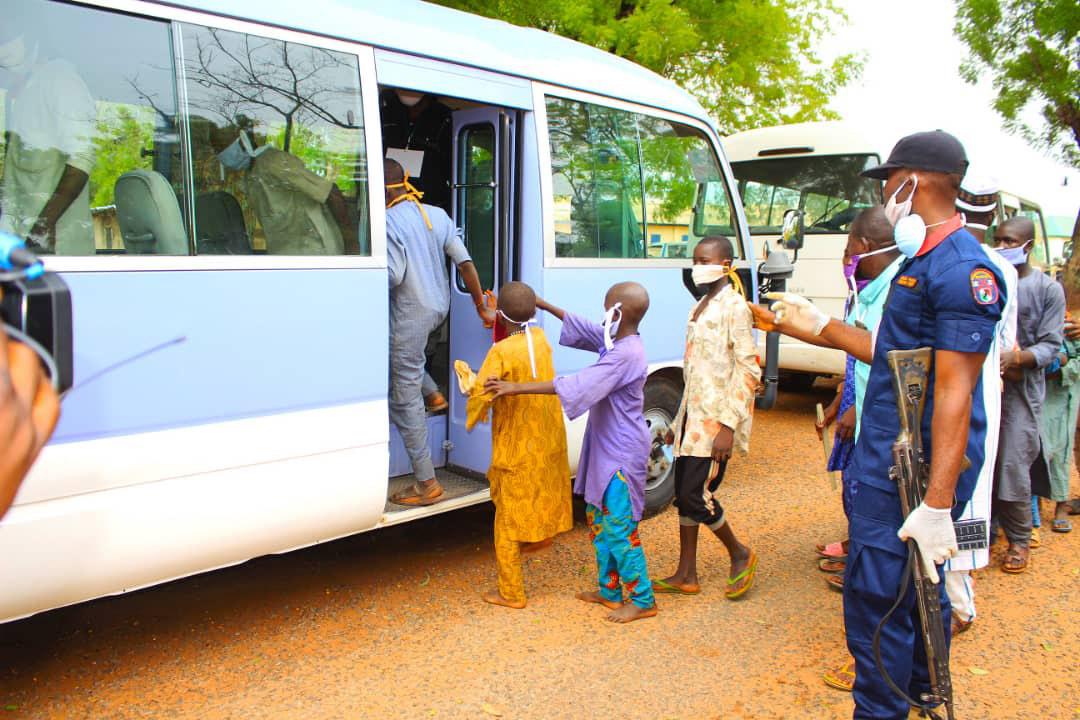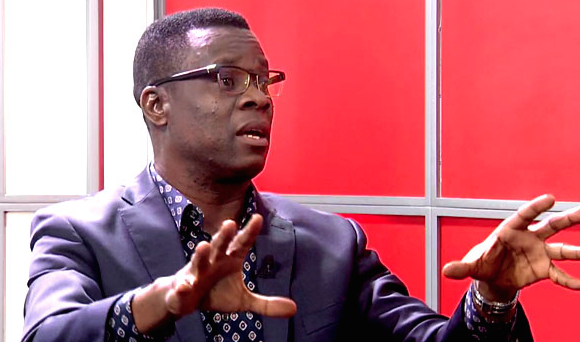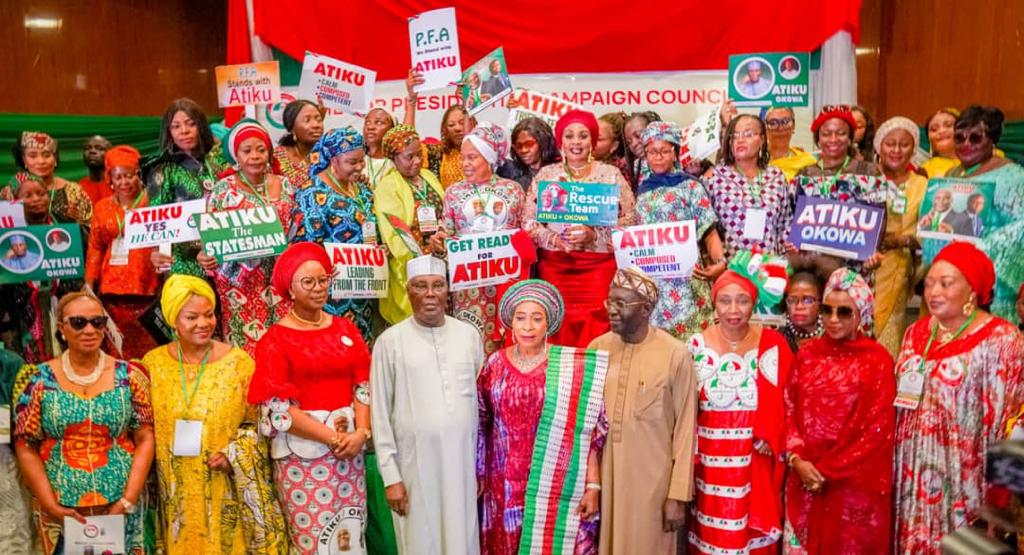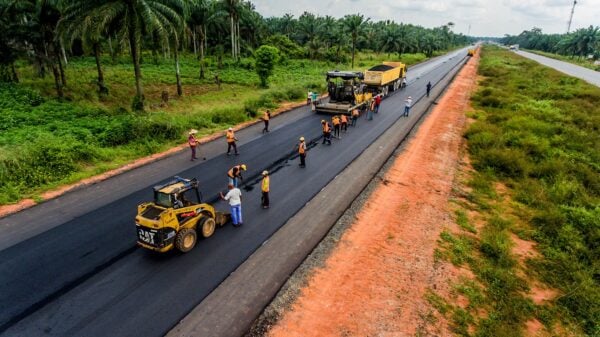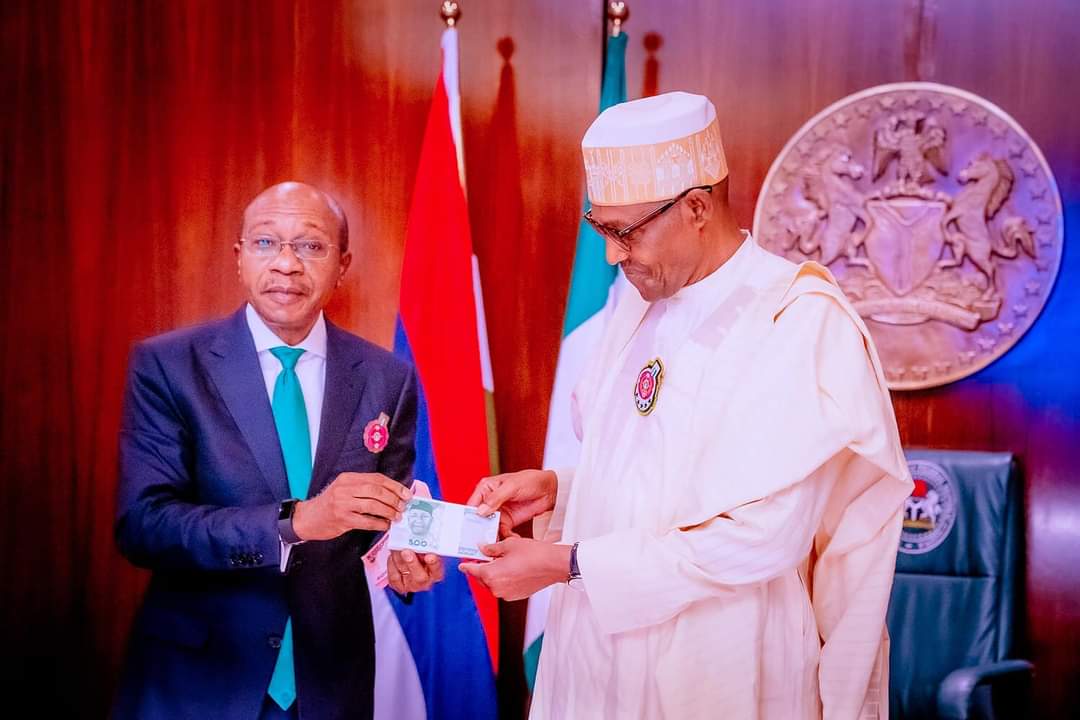A bill seeking to establish a national commission for education of almajiri and out-of-school children passed second reading at the house of representatives on Wednesday.
Sponsored by Shehu Kakale, a lawmaker from Sokoto, and 18 others, the proposed legislation seeks to provide a multimodal system of education to tackle illiteracy among out-of-school children.
The legislation also seeks to equip the affected children with entrepreneurial skills.
In his lead debate, the bill’s sponsor said the proposed commission will ensure that the almajiri children receive sound education that will shield them from exploitation by criminal elements.
Advertisement
The lawmaker said there are millions of children and teenagers across the country who are currently out of school because of several reasons.
He said out-of-school children in Nigeria are “at risk of exploitation, vulnerable to recruitment by insurgents, human traffickers and by other criminal elements in the society”.
“Permit me to reiterate the fact that education is pivotal to human development and the growth of a nation. It was in recognition of this that Dr Goodluck Ebele Jonathan had to build 157 almajiri model schools to enable the education of the almajiris in Nigeria,” he said.
Advertisement
Speaking in favour of the bill, Femi Gbajabiamila, speaker of the house, said the current house of representatives is in support of any proposed law that promotes education.
He said the ninth house of representatives has a strong commitment to education, which is why it organised a national summit on education reform.
“The sponsor and I worked very closely last year on the issue of almajiri. I commend him for this proactiveness. Anything that has to do with education in this ninth assembly, we have very proactive,” he said.
In his submission, Nicholas Ossai, a lawmaker from Delta, said although he supports the bill, there should be a timeframe for the commission.
Advertisement
“You are aware that 12 years ago, the presidency embarked on making sure that the almajiris are integrated into the educational sector,” he said.
“I agree with this bill but in agreeing with it, they are making an intervention and it should have a gestation period like saying this programme will last 10 to 15 years or so. If the commission is established to just run like that, it will be discriminatory in nature.
“Every child is entitled to education. This particular programme is an interventionist to bridge the gap so if it’s an intervention to bridge the gap, it’s supposed to have a timeline; the laws are made in that way.”
In his remarks, Idris Wase, deputy speaker who presided over the plenary session, said the commission doesn’t need a timeframe to operate since out-of-school children can be found across the country.
Advertisement
“I want you to look at the long title of the bill. It says almajiri and out-of-school children, which you have in all parts of Nigeria,” he said.
“It’s not only for the almajiri. It will also take care of our brothers that are always on the streets.”
Advertisement
The lawmakers voted in support of the bill when it was put to a voice vote by Wase.
Advertisement
Add a comment
